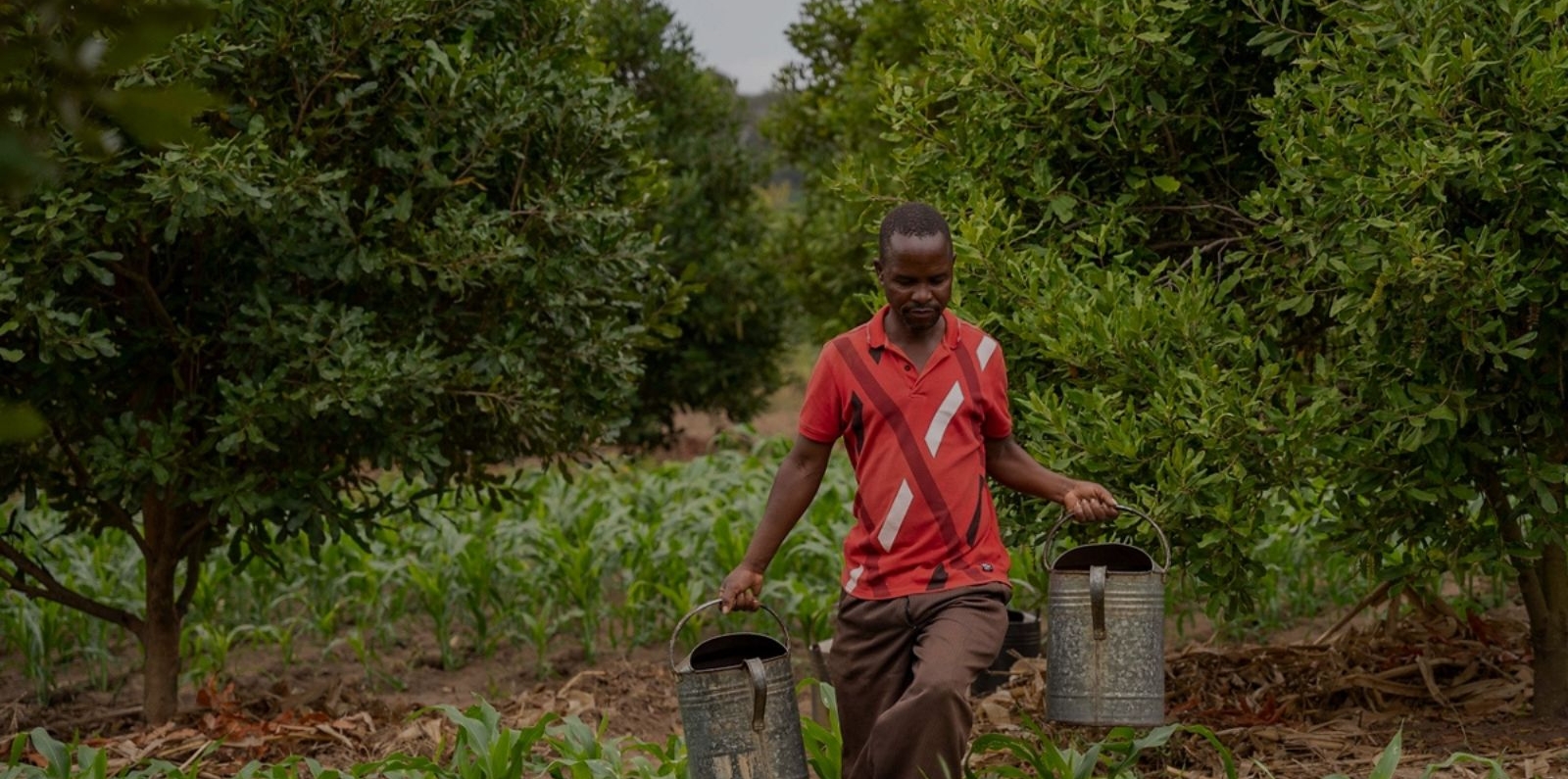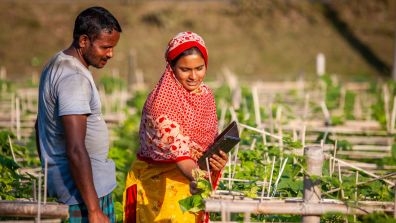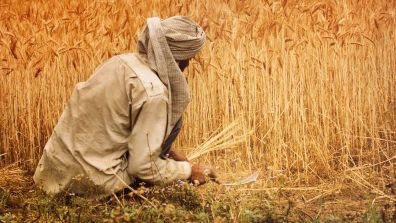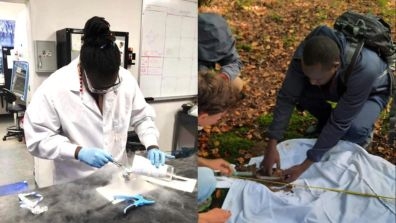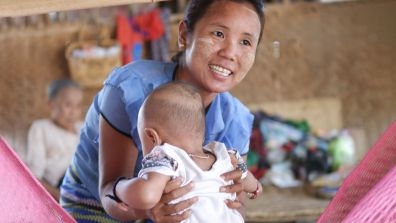This story was originally published on IFC website.
Every sunrise, Obert Ntonyo walks to his macadamia trees, which grow in long, straight rows across his farm in Malawi’s fertile Thyolo district.
“I do not spend a day without inspecting this farm,” said Ntonyo. “What I have learned is that if I take very good care of my macadamia trees, my life will never be the same.”
Five years ago, Ntonyo, along with his wife and eldest daughter, planted 300 seedlings, which were provided by Global Tea and Commodities Ltd. as part of a program to help small scale farmers become macadamia nut producers. Ntonyo’s seedlings have since grown into sturdy, leafy trees that are bearing fruit—and transforming the way his family farms.
Thanks to the trees, Ntonyo has doubled his income. He earns between $20 and $60 a harvest—depending on weather and other conditions—and sells directly to Global Tea, one of Malawi’s largest macadamia nut producers, which then exports the flavorful, versatile nuts to consumers in Africa and beyond.
Once his plantation is fully grown, Ntonyo expects his income to reach up to $340 annually. His macadamia earnings are already helping to pay for school supplies for his children, funding upgrades to his home, enabling him to invest in fertilizer and other inputs for his trees, and to save for the future.
“When this project was introduced, I saw that I could plant my own trees and become a company myself so that my children and grandchildren could have their own macadamia farm,” he said.
Growing a new market
While Global Tea has for years grown macadamia trees on its own farms, the company more recently adopted a strategy to bring local farmers into its supply chain and help them succeed.
Malawi accounts for 3 percent of the world’s macadamia nut output and is the third largest producer in Africa. Macadamia nuts have higher earning potential than other crops but seedlings are expensive for many small-scale farmers.
Between 2016 and 2022, Global Tea, in partnership with the Dutch government, distributed 300,000 macadamia seedlings to 3,000 farmers across Malawi’s Thyolo and Mzimba Districts, where rolling hills and good growing conditions favor the growth of macadamia. Half of the 3,000 farmers in the program are women.
The company partnered with a local NGO, Development from People to People (DAPP) Malawi, to train the farmers on managing pests and plant disease, controlling erosion, and applying low-tech irrigation techniques.
“It’s a win-win for both sides,” said William Matapa, Global Tea’s Quality Assurance Manager. “We’re providing the farmers with skills training, support, and a market and plan to purchase a large volume of nuts for many years to come.”
In 2023, Global Tea purchased 1,000 kilograms of quality macadamia nuts from its farmers. The company expects that number to jump to 5,000 kilograms in 2024—and within five years Global Tea believes nuts from the farmers in its supply chain could account for half its exports from Malawi.
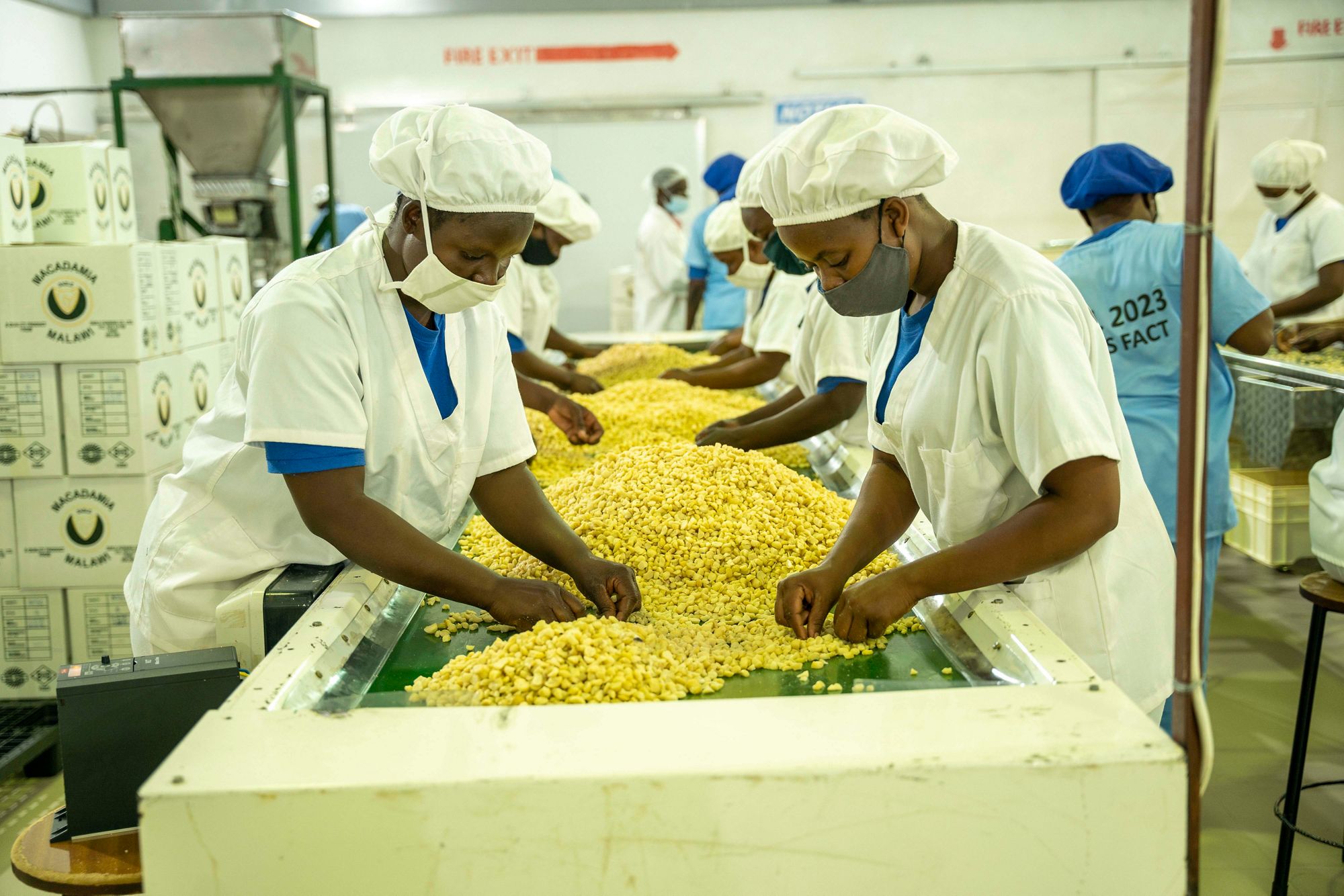
Workers at a plant in Malawi prepare Macadamia nuts. Photo: Bennie Khanyizira / IFC.
IFC and the Private Sector Window of the Global Agriculture and Food Security Program (GAFSP) backed this initiative with a $4 million joint investment in Global Tea in 2018. The project underscores IFC’s commitment to strengthening agriculture and is part of its wider work across Africa to link small-scale farmers to resources and markets.
In addition to the funding for Global Tea, IFC delivered a three-year advisory program with GAFSP to support more than 2,600 farmers with financial literacy training, including guidance on record keeping, managing loans, and budgeting during crop cycles.
IFC also worked with four macadamia cooperatives in Malawi to improve their management capacity, helping them better serve and support farmers. The cooperatives will serve as aggregators, making it easier for Global Tea to purchase nuts from more small farmers. The advisory program ended in June 2023.
“Working with smallholder farmers and cooperatives is critical to build resilient agricultural supply chains in countries like Malawi, which would encourage more companies like Global Tea to invest in offtake arrangements that open new market opportunities for farmers,” said Beza Hailu Woldegiorgis, an IFC Operations Officer who led the advisory program.
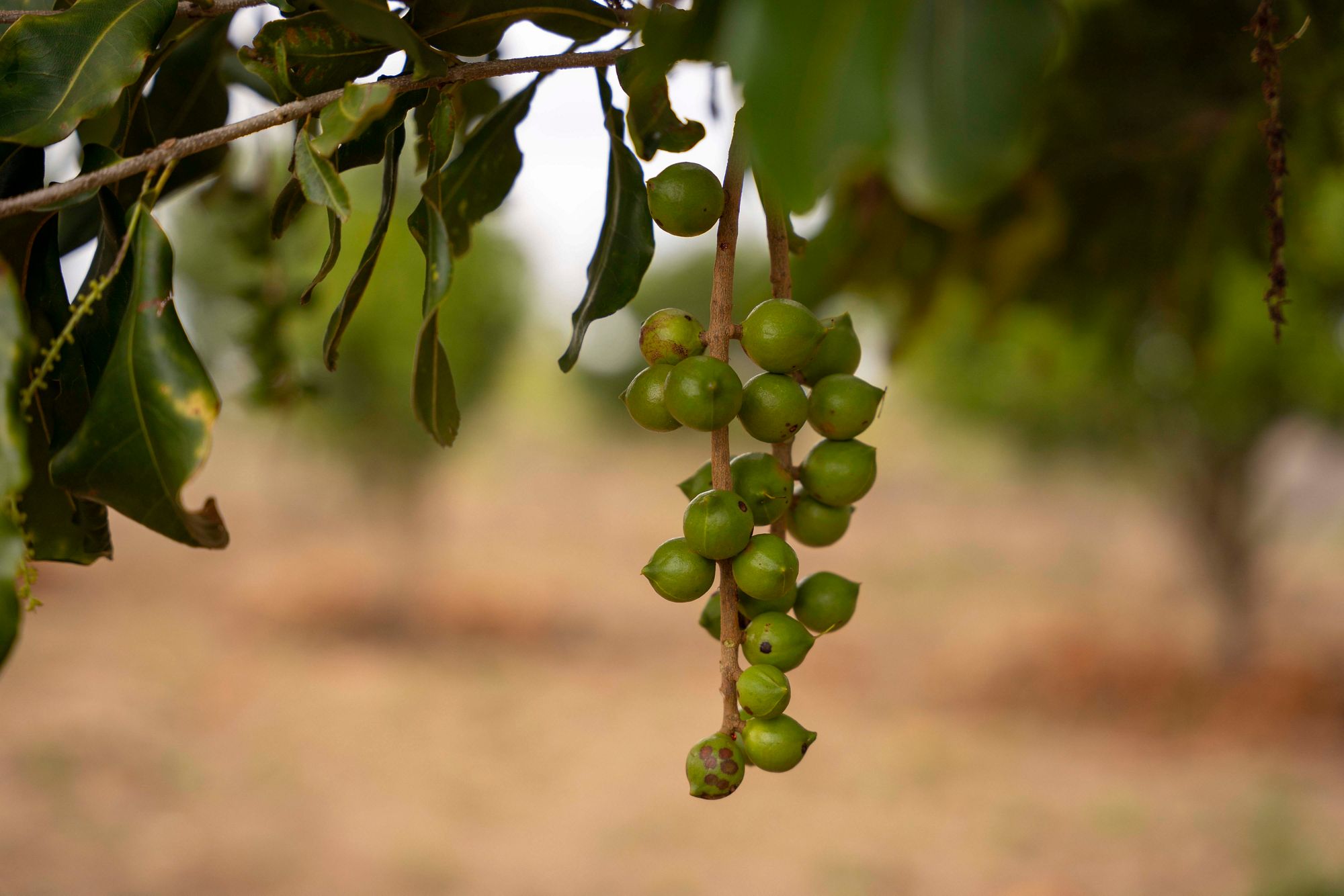
Malawi accounts for 3 percent of the world’s macadamia nut output and is the third largest producer in Africa. Photo: Bennie Khanyizira / IFC.
Financing a better future
Even with hard work, the right support, and reliable access to markets, being a farmer isn’t easy.
Beyond the daily challenges, Ntonyo and other small-scale farmers must also contend with the unpredictability of thieves and climate change. Macadamia nuts are known as a high value crop and Ntonyo has lost nuts from his trees in the night. Additionally, droughts in 2022 and Cyclone Freddy in March 2023 wiped out half of his Ntonyo’s crops both years, as they did for many other farmers in Malawi.
“Climate change is hitting us hard. The storm destroyed the crops and also scattered the macadamia fruits from the trees, it was painful losing everything we worked for in seconds,” Ntonyo said.
IFC’s financial management training is helping Ntonyo and other farmers better prepare for the unpredictable and ensure that their livelihoods are sustainable, even when threatened with serious challenges.
“I treat the trees as a business. Now I save money in the mobile account or at my bank account so that I can save more,” said Ntonyo. “This new farming venture is now showing me the possibility of attaining my dream for a better life…my vision is to create what future generations will inherit from me.”
